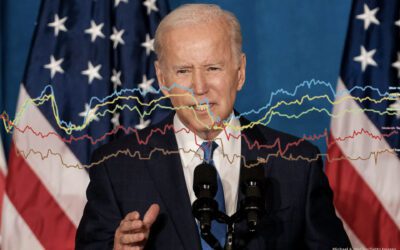In a recent interview with Rachel Maddow, John McCain’s daughter Meghan McCain warned her party that it was, “on the precipice of becoming irrelevant to young people.” This conclusion comes in the wake of a 66 to 32 percent drubbing by young people in the 2008 elections. Our survey of young people taken three months after the election underscores the alienation of Republicans from the millennial generational.
Democracy Corps and Greenberg Quinlan Rosner’s first post-election survey of youth shows the Republican Party growing more and more irrelevant to America’s young people.
In marked contrast, young people’s support for the President has expanded beyond the 66 percent support they gave him last November. However, progressives have work to do among these voters–”and would be voters”–as well, as this survey signals insufficient enthusiasm for participating in the 2010 elections.
In a recent interview with Rachel Maddow, John McCain’s daughter Meghan McCain warned her party that it was, “on the precipice of becoming irrelevant to young people.” This conclusion comes in the wake of a 66 to 32 percent drubbing by young people in the 2008 elections. Our survey of young people taken three months after the election underscores the alienation of Republicans from the millennial generational. By a 59 to 14 percent margin, young people prefer the Democrats when it comes to “paying attention to issues that affect younger people,” a six point gain since 2007. Republicans struggle among young people for a very specific reason.
At a time when young people are paying close attention to politics and when so many are struggling economically, even more so than older generations, the Republicans simply do not speak to the reality of their lives or to the issues important to them. This perception stands in marked contrast to their reaction to Barack Obama. Nationally, voters’ opinion of the President may have cooled slightly–”and inevitably”–in recent weeks, but among younger voters, he has never been more popular. They strongly support his economic policy and are confident that he will make a difference in their lives. This analysis is based on a national survey of 606 adults between the ages of 18 and 29. Interviewing was done through a multi-modal approach including 255 interviews on cell phones (180 unweighted), 242 interviewed on the internet (306 unweighted) and 109 conducted conventionally on landline telephones (120 unweighted). Interviewing was conducted for Democracy Corps by Greenberg Quinlan Rosner February 25th through March 11th, 2009.




